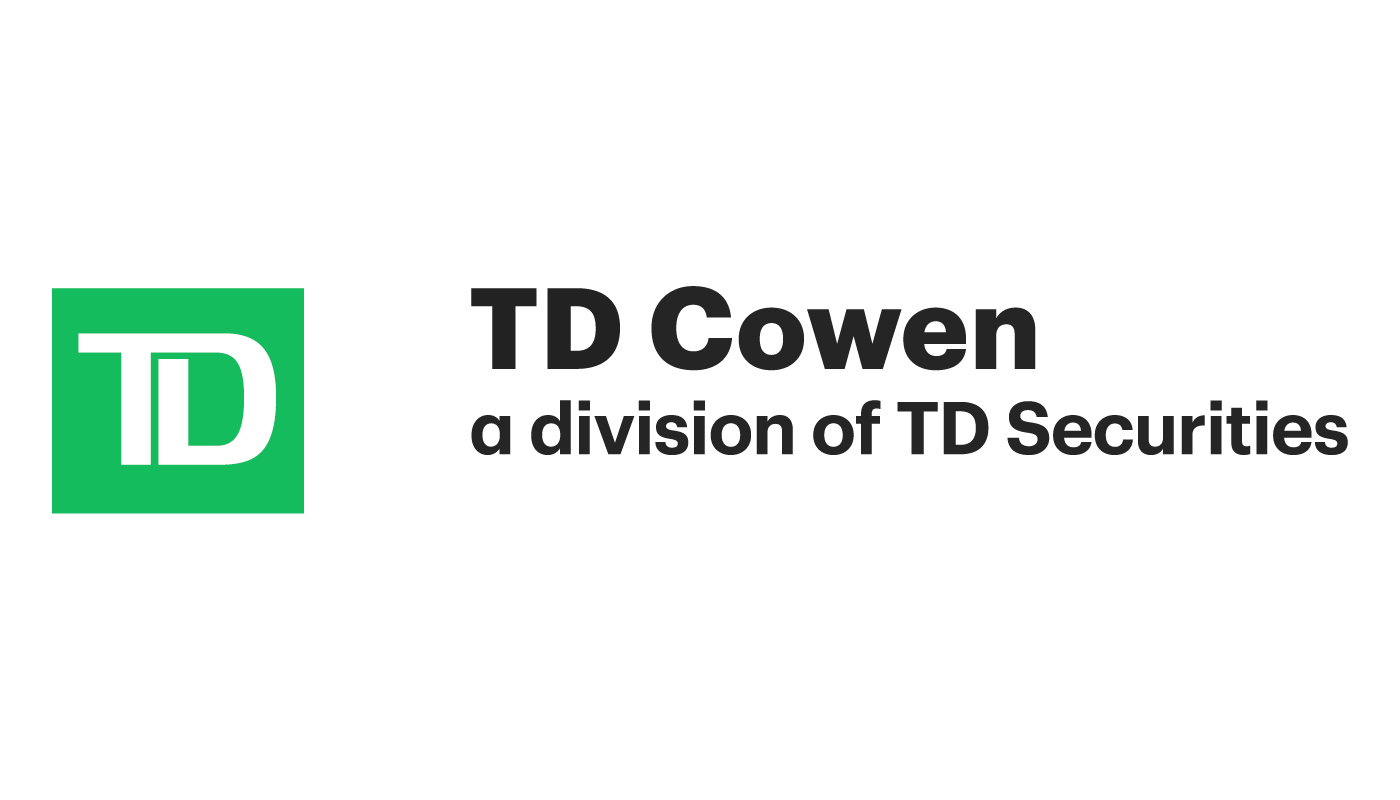Higher returns (potentially)
One of the main aspects that sets a hedge fund apart from other investment types is the aggressive investment strategy. Hedge funds don’t mess around, they go hard for the highest returns possible.
Flexibility
Another advantage of a hedge fund is that it offers a bit more flexibility than mutual funds. As investments in hedge funds are not traded publicly and have no real body regulating their performance, a hedge fund manager can use a range of strategies including derivatives, leverage, and short selling.
Diversity
A hedge fund can invest in pretty much anything, whether it’s real estate, land, stocks, currencies, or derivatives.
When compared to other types of investment like mutual funds, you’re usually limited to just stocks or bonds. So, if you are looking for a bit more diversity in your portfolio, a hedge fund might be for you.
Disadvantages of Hedge Funds
Fees
A major disadvantage for hedge funds is that they usually have high fees attached. Most will use a fee structure called 2 and 20, which we’ll explain.
More risk
Hedge funds use a more aggressive investment strategy. This means high risk and (hopefully) high return. But the number one thing to know about any type of investment is that nothing is guaranteed.
Those high returns can just as easily become high losses. The kind that makes your eyes water.
Money is often locked away
Many hedge funds require investors to essentially lock away their money for years to get the maximum return on investment.
This may not be an issue for those who are used to keeping their money in the market long-term, but it does mean a bit less flexibility to sell whenever you want. They’re not for the short-term investor.







































